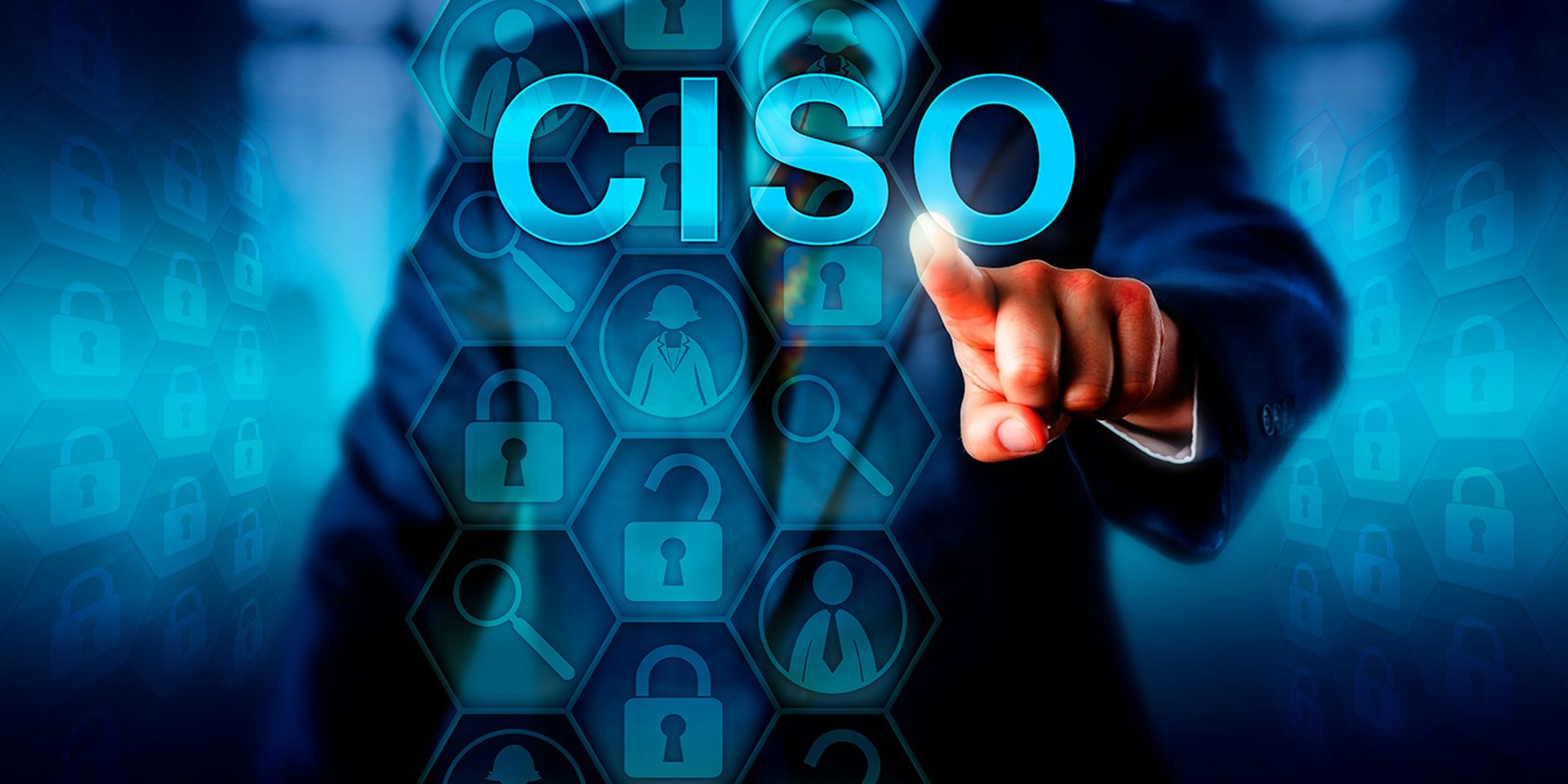Perception Point has launched a dedicated threat prevention program for managed security service providers (MSSPs) and managed service providers (MSPs), the company announced.
The Israel-based provider of cybersecurity solutions across digital communication channels has tailored its portfolio of tools and resources to help MSSPs and MSPs better protect their clients and streamline security operations, officials said.
Perception Point aims to provide MSSPs and MSPs with a solution to prevent advanced and modern threats from reaching their customers' end-users across email, web browsers and collaboration SaaS apps, the company said.
One-Stop Shop for MSSPS, MSPs
The MSSP and MSP program is designed to give service providers access to the tools and assistance necessary to effectively market, sell and manage the solution, including:
- Direct access to sales managers, presales specialists, and marketing experts
- An MSP training and certification program
- Hands-on experience with the solution
- A repository of technical, marketing, and sales enablement resources
"This new dedicated program demonstrates our clear commitment to the success of MSPs and MSSPs," said Gal Ashkelon, who heads Perception Point’s global partner program. "By offering and investing in a tailored program designed for managed service providers, we are equipping our partners with enterprise-grade advanced threat prevention solutions and the resources to best support their sales, marketing, and technical needs."
Perception Point's new MSSP and MSP program adds to its pre-existing channel partner program, launched in November 2022.
Perception Point Releases "Quishing" Solution
Earlier this month, Perception Point released a cybersecurity solution to combat the rising threat of QR code “quishing” campaigns using image recognition. In a quishing operation, threat actors trick victims into scanning a QR code using a mobile device. The QR code then directs them to a bogus website that downloads malware or requests sensitive information. Quishers frequently impersonate popular brands to trick victims into revealing their login credentials.
Once people hold their phones after scanning the QR code, they are lured into taking additional steps on their personal device such as multi-factor authentication (MFA) that may seem more natural, immediate and less likely to arouse suspicion.




